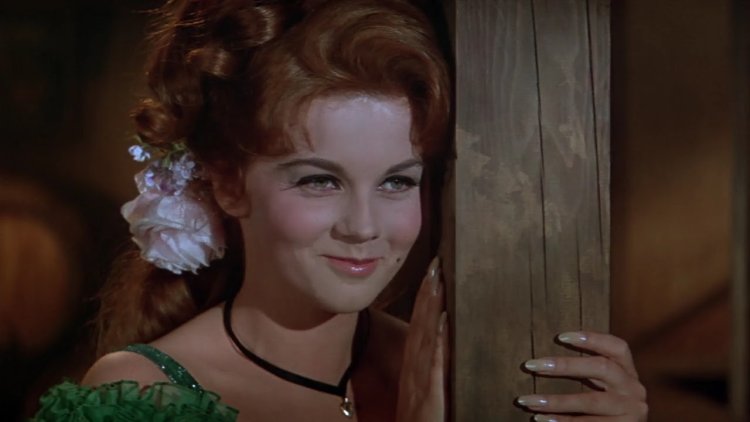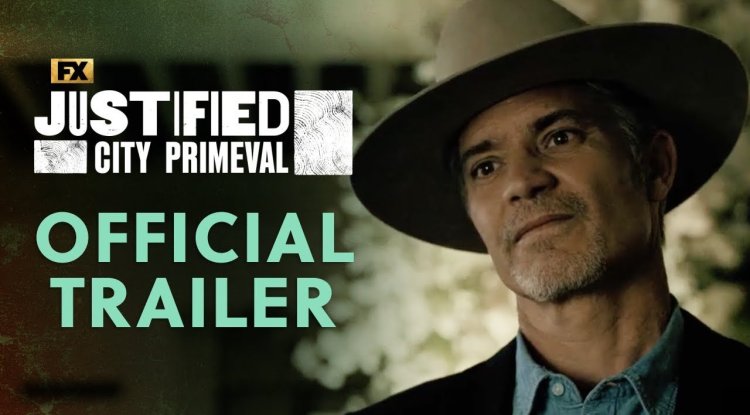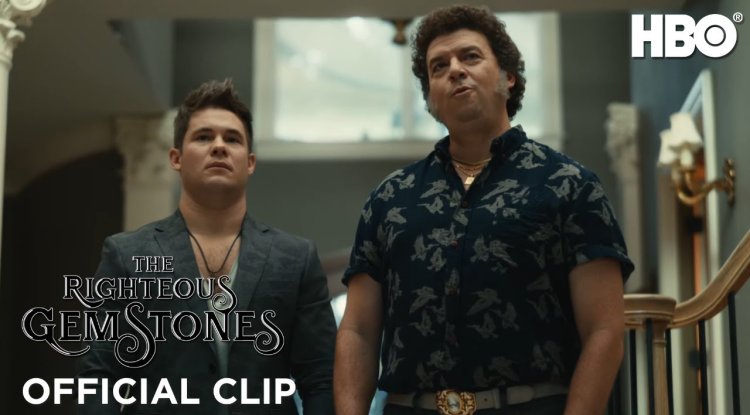'Stagecoach' (1966)
Welcome to our comprehensive guide to the iconic movie Stagecoach (1966). In this article, we delve into the mesmerizing world of this cinematic masterpiece, exploring its captivating storyline, brilliant performances, and enduring impact on the Western genre. Join us as we take a ride through the rugged terrain of the Old West, where danger and adventure await at every turn.

Unveiling the Plot
Stagecoach (1966) takes us on a thrilling journey aboard a stagecoach traveling from the frontier town of Tonto to the bustling city of Lordsburg. Set against the backdrop of the 19th-century American West, the film portrays a diverse group of individuals with their own hidden motives and secrets. As the stagecoach hurtles through the treacherous wilderness, the passengers' lives intertwine in unexpected ways, leading to gripping confrontations and heart-stopping action.
Stellar Cast and Timeless Performances
The movie boasts an exceptional ensemble cast, bringing together some of the finest talents of the era. Here's a glimpse of the memorable characters and the actors who brought them to life:
- Ringo Kid (John Wayne): As the charismatic and enigmatic outlaw seeking revenge, Wayne delivers a spellbinding performance, capturing the essence of the rugged cowboy with his commanding presence and rugged charm.
- Dallas (Claire Trevor): Trevor's portrayal of the complex and compassionate prostitute exudes both vulnerability and strength, adding depth to the narrative and touching the hearts of viewers.
- Doc Boone (Thomas Mitchell): With his impeccable comedic timing and poignant portrayal of the alcoholic doctor, Mitchell provides much-needed humor and warmth to the otherwise perilous journey.
- Hatfield (John Carradine): Carradine's interpretation of the mysterious gambler adds an air of intrigue, as his motives and true nature remain shrouded in uncertainty.
Cinematic Brilliance and Enduring Influence
Stagecoach (1966) stands as a testament to the artistry and vision of director John Ford. The film showcases his mastery of visual storytelling, employing breathtaking landscapes and skillful cinematography to create an immersive experience. Ford's expert direction, combined with a gripping screenplay and memorable characters, has solidified Stagecoach as a milestone in cinematic history.
Impact on the Western Genre
Stagecoach holds a significant place in the Western genre, revolutionizing its conventions and shaping the future of Western films. It revitalized interest in the genre during a time when it had fallen out of favor, influencing countless filmmakers who followed in Ford's footsteps. The film's success paved the way for the emergence of Western classics that continue to captivate audiences to this day.
A Visual Representation of the Journey
The above diagram illustrates the thrilling journey undertaken by the stagecoach in the movie. From the dusty plains to the majestic mountains, the passengers navigate a perilous route, encountering various obstacles and forging unexpected alliances along the way.
Also Check How to react when you catch someone in a lie?
Conclusion
Stagecoach (1966) remains an unparalleled achievement in the Western genre, captivating audiences with its timeless story, exceptional performances, and breathtaking visuals. Its enduring influence continues to inspire filmmakers and cinephiles alike, making it an essential viewing experience for any lover of classic cinema. So, saddle up and embark on a cinematic adventure that will transport you to the untamed frontier of the Old West. Get ready to be swept away by the magic of Stagecoach!




























